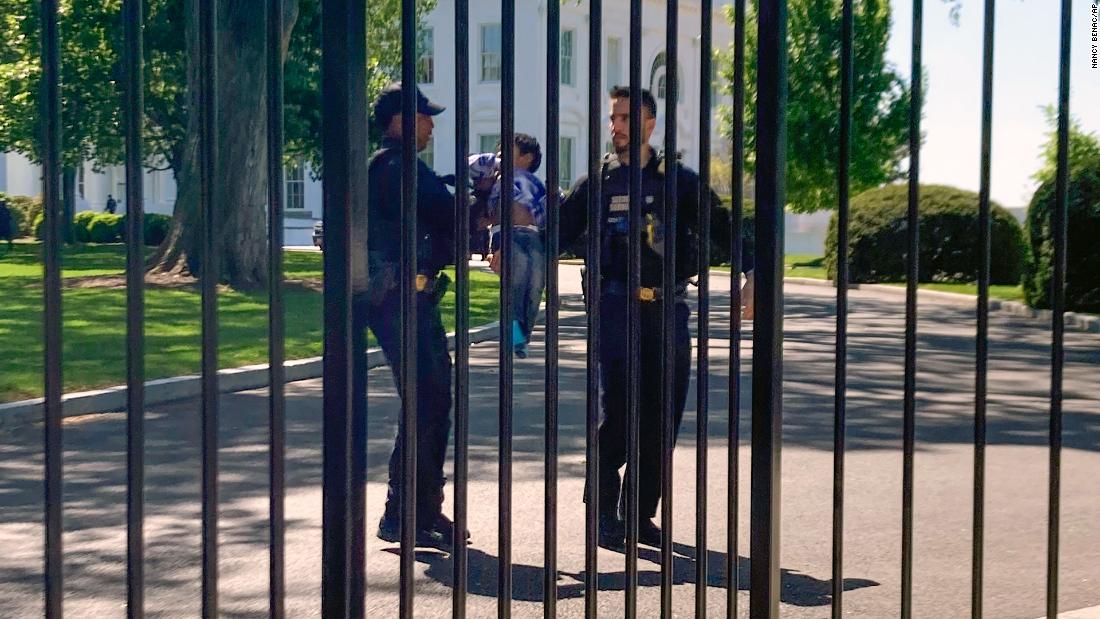ROWING legend Sir Steve Redgrave believes the water quality in the River Thames is a “real worry” ahead of the 2025 Boat Race on Sunday.
Environmental charity River Action says results from water-quality testing show levels of E. coli bacteria almost THREE times above the Environment Agency’s threshold for “poor” bathing waters.
There are concerns about this year’s Boat Race
After water in River Thames was found to be three times below safety standards
The annual spectacle between Oxford and Cambridge universities on the Thames takes place on April 13.
But with just days to ago until the 170th men’s and 79th women’s edition, alarming levels of E.coli bacteria were found along the four-mile Putney course.
Consuming E. coli, which is found in faeces, can lead to urinary tract infection, cystitis, intestinal infection and vomiting, with the worst cases leading to life-threatening blood poisoning.
And five-time Olympic gold medallist Redgrave said rowers need to be protected from polluted water.
Redgrave pleaded: “It’s a real worry that in 2025, unsafe water quality in the Thames is still a concern.
“Rowers, river users, and the public deserve better.”
Organisers have encouraged Sunday’s rowers to follow British Rowing poor water quality guidance, including not entering the water, covering any blisters and wearing footwear when getting in and out of the boat.
While, University of Oxford rowers criticised sewage levels in the Thames after losing last year’s men’s race.
CASINO SPECIAL – BEST CASINO BONUSES FROM £10 DEPOSITS
Three members of the team suffered stomach bugs before the 2024 race, although they cannot be certain it was caused by pollution.
There were hopes that a Tideway Tunnel, a deep-level sewer that became operational this year, would have a “transformative effect” on water quality this year.
Boat Race chair Siobhan Cassidy said: “You can’t get much closer to the river than by rowing on it.”
The Boat Race is a longstanding tradition going back to 1829.
Like last year, Rowers will likely be forbidden from the tradition of throwing the victorious cox into the Thames.
The Boat Race acknowledges the problem and has advised rowers to clean all equipment, while crews will be encouraged to wash themselves down at a dedicated cleansing station at the finish.
The Boat Race said in a statement: “Water quality is an ongoing concern for the Boat Race.
“We have put in place a series of precautionary measures this year to protect the health of our athletes.
“Which includes guidance regarding the covering up of open wounds, regular handwashing, a cleansing station at the finish area and highlighting the risks of entering the water.”
Other river-based sporting events have also been affected.
In May, a Thames swimming race which has been held for more than 120 years was cancelled over sickness fears.
What is E.Coli?
Escherichia coli (E. coli) is a bacteria that is commonly found in the lower intestine of warm-blooded organisms. Most E.coli strains are harmless, but some can cause serious food poisoning.
Shiga toxin-producing E. coli (STEC) is a bacterium that can cause severe foodborne disease.
In most cases, the illness is self-limiting, but it may lead to a life-threatening disease including haemolytic uraemic syndrome (HUS), especially in young children and the elderly.
An E. coli infection is a sickness you get from the E.coli bacteria. It causes a lot of diarrhea-related illnesses like traveler’s diarrhea (known by many other names including Montezuma’s revenge) and dysentery. It also causes illnesses outside your intestines like pneumonia and spontaneous bacterial peritonitis.
Other controversy ahead of the 2025 Boat Race
The build-up to this year’s Boat Race has been fraught with controversy.
Oxford maintained that Tom Ford, a gold medallist at last year’s Paris Olympics, was ineligible to row for Cambridge since he began his undergraduate studies more than 12 years ago.
The issue then grew to include THREE additional potential Cambridge rowers, all of whom are pursuing PGCE credentials, which Oxford claims makes them unable to row.
The rule came into force after 2019 when Olympic legend James Cracknell came out of retirement to help Cambridge to yet another victory.
Matt Heywood, an ex-Under-23 rowing world champion – along with Molly Foxell and Kate Cowley – were also banned alongside Ford.
Creator – [#item_custom_dc:creator]














































































































